ENVIRONMENTAL PROTECTION
Reduces the environmental impact of construction and demolition activities.
Research and analyse the metal recycling market to identify opportunities, trends, and potential clients.
Implement quality control measures to ensure that the scrap metal meets the required standards.
Utilise technology to streamline operations, manage inventory, and track shipments.
Develop a strong brand identity and marketing strategy to attract both suppliers and buyers.
Brokering scrap metal, as well as demolition and construction waste, is a complex yet essential process that supports sustainable construction practices. This involves evaluating waste, developing management plans, recycling and reusing materials, identifying market opportunities, maintaining proper documentation, and promoting sustainability initiatives. Effective management by brokers helps reduce the environmental impact of construction projects, while also fostering economic and sustainable benefits.Operating a metal recycling brokerage company requires a blend of industry expertise, networking skills, and a deep understanding of market dynamics. Building trust with clients, prioritizing environmental sustainability, and staying adaptable to industry changes and regulations are essential to our success.
Ferrous metals contain iron, whereas non-ferrous metals do not. Non-ferrous metals are rarer, more valuable, and more resistant to corrosion than ferrous metals. Both types of metals can be recycled. By magnetizing the iron in ferrous metals, they can be separated from non-ferrous materials.
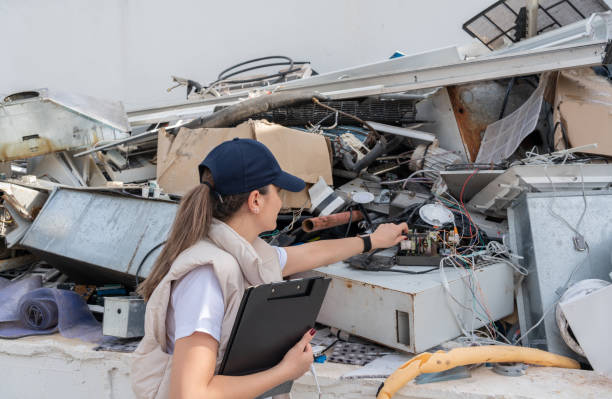
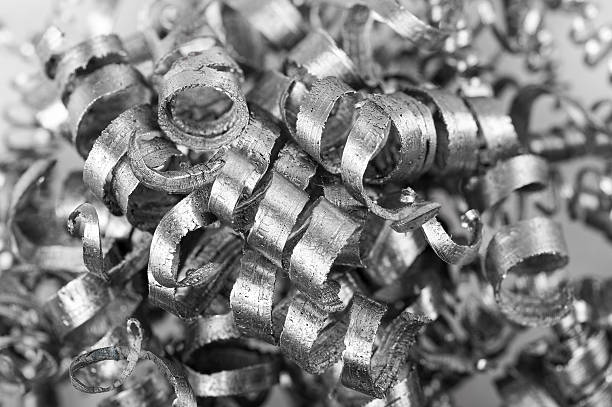
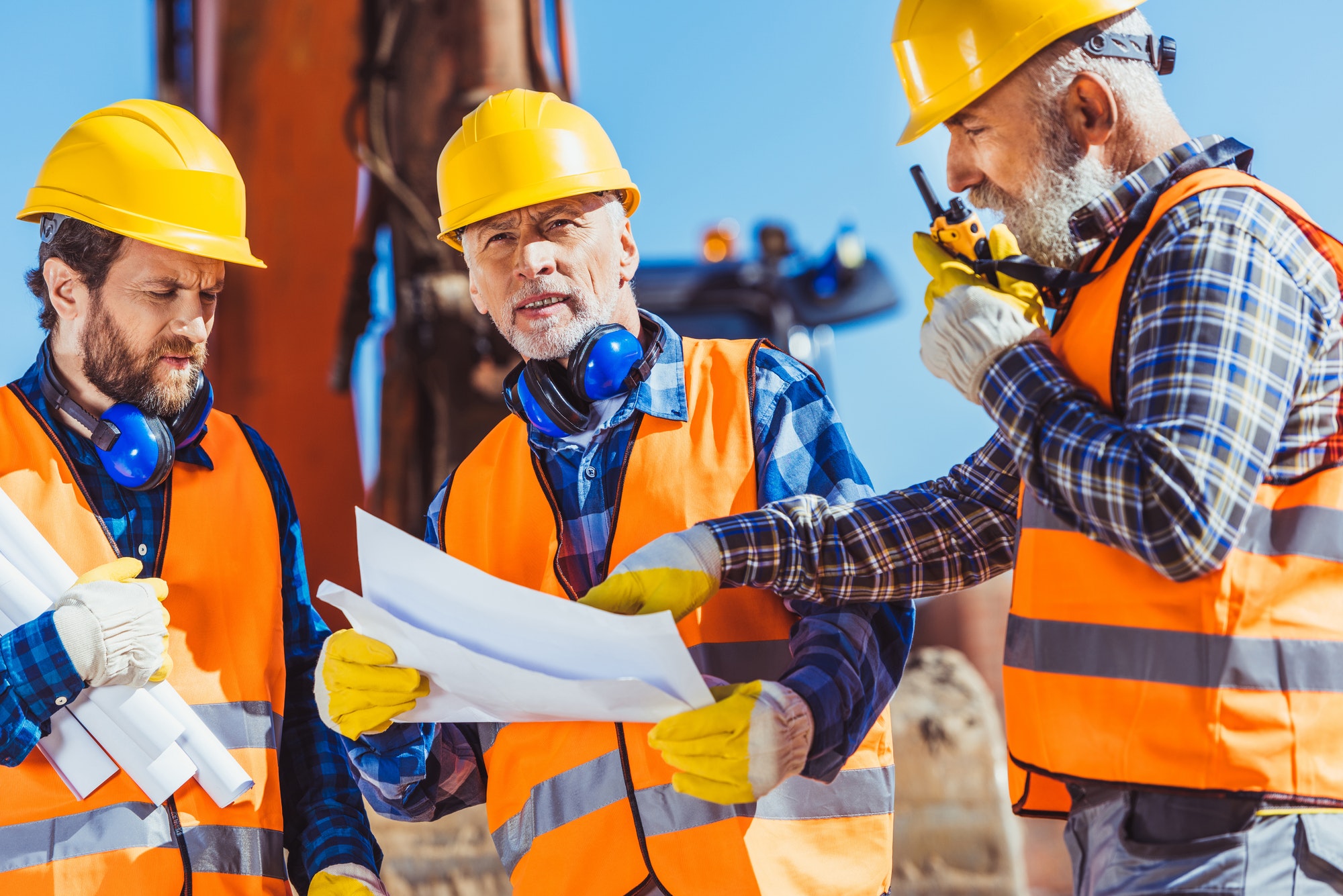
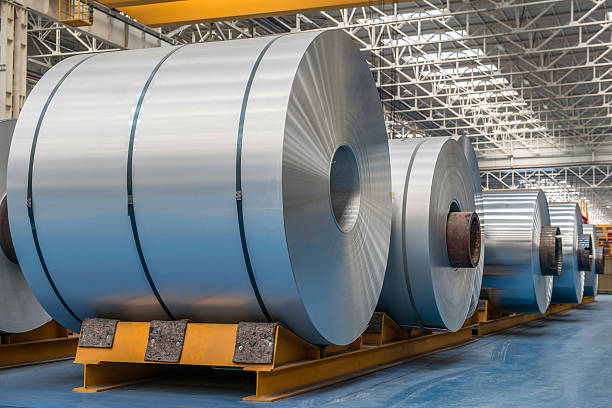
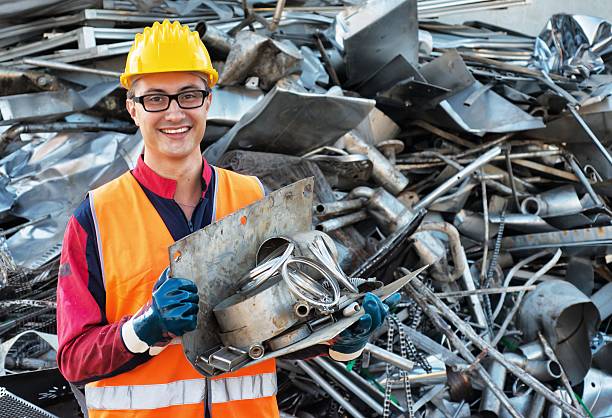
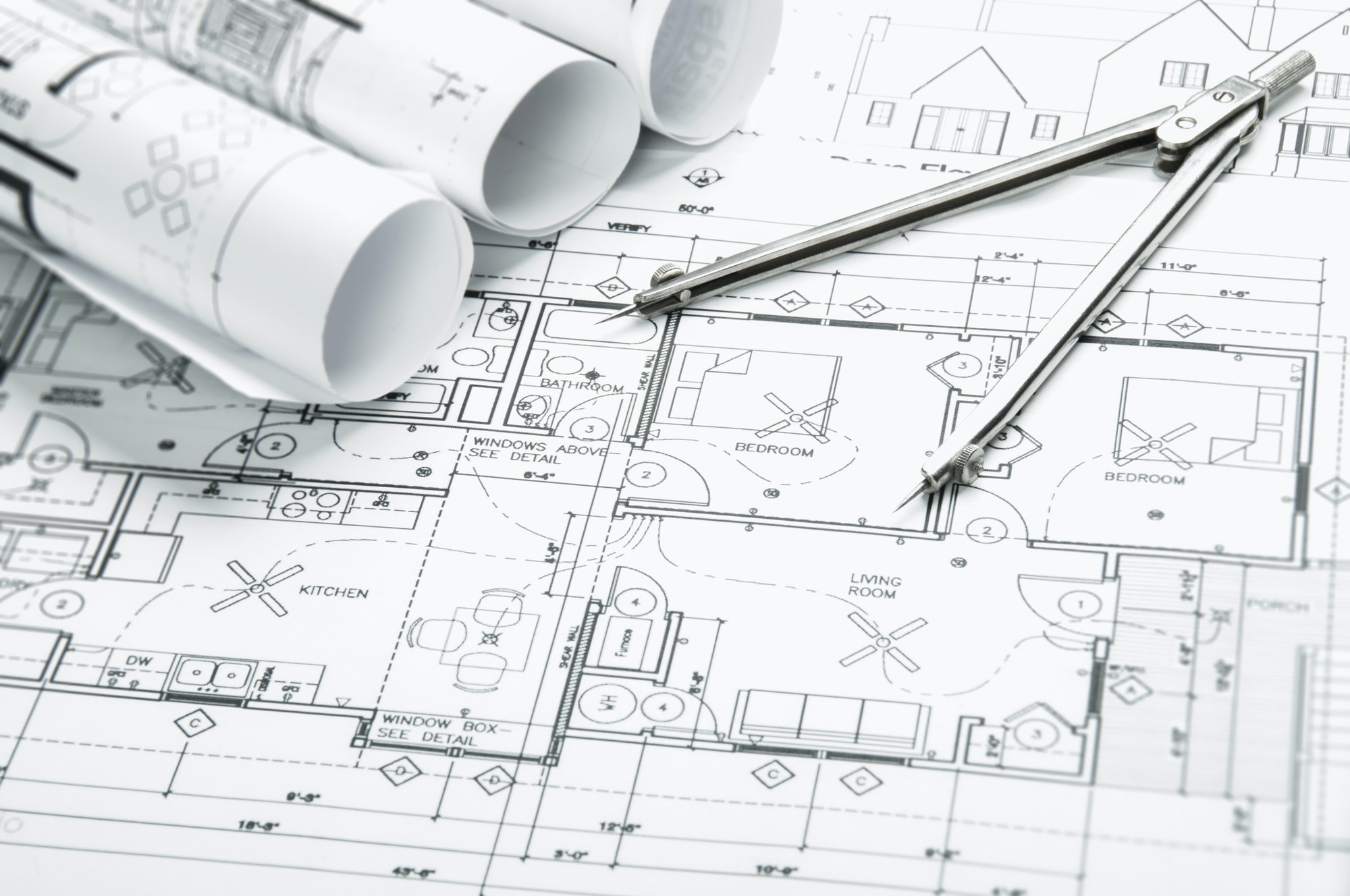
Reduces the environmental impact of construction and demolition activities.
Minimises disposal costs and generates revenue from the sale of recyclable materials.
Ensures adherence to regulations, avoiding fines and legal issues.
Promotes sustainable building practices and corporate social responsibility

